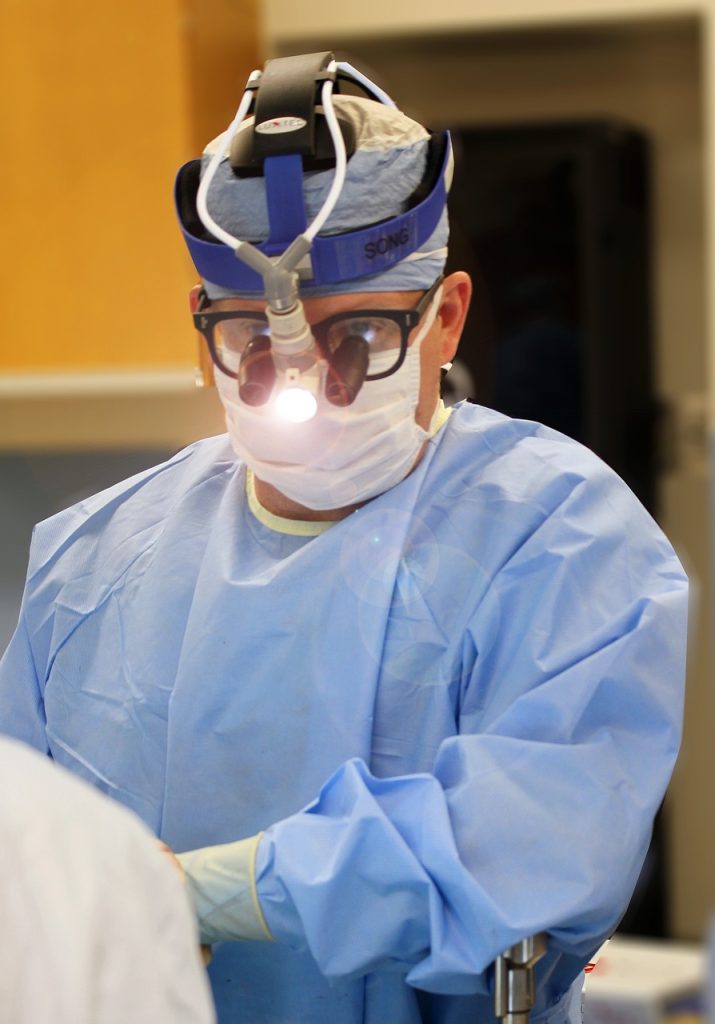Introduction to Hair Transplant Pre-Operative Preparation
As you gear up for hair transplant surgery, think of the pre-op period as the foundation for a successful outcome. Much like preparing the ground before planting a garden, this time is used to ready your body and mind for the transplant procedure ahead. By following a tailored pre-operative preparation guide, you’ll help ensure the best possible results, minimize risks, and set the stage for a smooth recovery. A hair transplant is more than just a medical procedure—it’s a journey towards restoring not only your hair but also your confidence.
Lifestyle Adjustments: Diet, Exercise, and Medication
Dietary modifications before hair transplant surgery
Starting with your diet, making sure your nutritional intake is on point can make a significant difference. Aim for balanced meals that are rich in protein, as these can assist in the healing process. Certain foods, however, could interfere with blood clotting and inflammation; that’s why you should steer clear of any blood-thinning foods, like garlic and ginger, in the weeks leading up to your surgery.
Also remember to put a pause on any fish oil supplements and herbal teas that could potentially thin your blood. Your surgeon may suggest specific dietary recommendations tailored to your health needs and the details of your surgery. Ensure that you reach out for a personalized diet plan that caters specifically to pre-hair transplant needs.

Recommended exercise regimens or restrictions
When it comes to exercise, balance is key. You’ll want to maintain a healthy routine without pushing into the realms that might complicate surgery or recovery. In the week leading up to the operation, avoid activities known for significant straining or heavy lifting since these can increase the risk of bleeding during and after the procedure.
Interestingly, even running and vigorous exercise are off the menu just before surgery. The rise in blood flow and the body’s natural thinning mechanisms from intense workouts could pose risks. Light, non-strenuous activities like walking or gentle yoga may help keep you relaxed and centered without overdoing it. Always consult with your medical team for personalized advice, as your daily activities might need adjustments based on your unique health profile.
Medications to avoid prior to hair transplant
In the week leading up to your hair transplant, you’ll want to give blood thinners a wide berth. This includes common over-the-counter medications like aspirin and ibuprofen. They’re renowned for increasing bleeding, which can be both a procedural complication and a setback in recovery. Interestingly, even some natural spices and herbal supplements are known to have a blood-thinning effect, so it’s best to avoid them too.
You can still rely on Paracetamol if you need pain relief, as it’s generally considered safe. Minoxidil, a common hair regrowth treatment, should be discontinued two days prior to surgery, but you don’t have to stop taking Finasteride if you’re already on it.
Remember that it’s crucial to review all your medications, both prescription and over-the-counter, with your surgeon ahead of time. They’ll provide guidance on what’s safe and what’s not, ensuring that nothing you ingest will interfere with your progress.

Alcohol and smoking cessation guidelines
Tobacco and alcohol are two substances that could impede your recovery from hair transplant surgery. It’s advisable to quit smoking at least two weeks before your surgery date since nicotine hampers blood flow to your scalp, which is vital for the survival of the transplanted follicles and proper healing. Even second-hand smoke should be avoided to ensure the best conditions for your recovery.
And when it comes to alcohol, consider putting a cork in it a minimum of three days before the procedure. Alcohol has a blood-thinning effect and can increase bleeding risks. Plus, it can interfere with the anesthesia and post-surgical medications.
Quitting smoking and alcohol isn’t just a surgical recommendation but also a chance to embrace a healthier lifestyle, which can only benefit your overall well-being and the longevity of your hair transplant results.
Vitamins and supplements to take or avoid before surgery
As you count down the days to your hair transplant, it’s important to be cautious about the vitamins and supplements you consume. Avoid taking vitamin E, fish oil, and other supplements known for their blood-thinning properties at least one week before your surgery. They could increase your risk of bleeding, complicate the procedure, and slow down your recovery.
On the other hand, a well-balanced multivitamin could be beneficial. Some surgeons may recommend continuing to take certain vitamins like vitamin C, which can aid in healing and boost your immune system. However, don’t forget that each individual case can vary, so the best step is to have a thorough discussion with your surgeon about the supplements and their dosages to support your pre-surgery regime.
Importance of staying hydrated leading up to the procedure
Hydration plays a crucial role in your health, and as you prepare for a hair transplant, it’s important to be consciously hydrated. Proper hydration aids in maintaining optimal blood circulation, which is vital for the nourishment and healing of your scalp post-surgery. Strive for the recommended daily water intake—about 8 cups or 2 liters—leading up to your surgery.
Mental preparation and setting realistic expectations
Embarking on a hair transplant journey can stir up a mix of emotions, from excitement to anxiety. Mental preparation is as vital as the physical prep, ensuring you’re psychologically ready for the changes ahead. Take time to manage your expectations, as transplant results can vary and typically take months to become fully apparent.
Engage in informed conversations with your doctor about what to expect during recovery and the realistic outcomes based on your specific case. Remember, patience is key; hair growth is gradual. To keep pre-surgery jitters at bay, consider strategies such as meditation, deep-breathing exercises, or counseling sessions if you’re feeling particularly anxious.
The right mindset will not only help you remain calm during the surgery but also keep you focused on the end goal throughout the recovery phase.
Coordination with the surgeon regarding existing health conditions
If you have existing health conditions, it’s critical to be in close communication with your surgeon. Nuances in your health history could influence the way your hair transplant is approached and performed. For instance, conditions like diabetes or a history of heart disease may need special pre-operative considerations.
Ahead of your surgery, you’ll likely undergo a comprehensive evaluation, including blood tests and a review of your medical history. This consultation is the perfect time to discuss any concerns and ensure that your health condition is well-managed in preparation for the procedure. Your surgeon may also collaborate with your primary care physician or specialists to tailor a safe surgical plan that accommodates your unique health needs.
On the Day of the Surgery: What to Expect
On the day of your hair transplant surgery, you’ll embark on the final step of this transformative journey, following your hair transplant instructions. Have a light breakfast unless you’ve been directed to fast, and wear loose, comfortable clothing that doesn’t need to be pulled over your head—think button-up shirts or zippered tops. Arrive at the clinic on time, allowing for a relaxed, no-rush check-in.
As the preparations begin, you’ll meet with the surgical team for a brief rundown. You might be offered a sedative to help you relax, and then the local anesthesia will be administered to numb the area. During the procedure, you can expect to be seated or lying down, and the clinic may provide entertainment options to help pass the time.

After the surgery, take time to review the immediate post-op care steps with your surgeon or nurse. Remember, arranging for someone to drive you home is essential, as you might still be groggy from sedation or the overall experience, and operating a vehicle isn’t safe. Rest and recovery are now your top priorities.
Take the First Step Toward Confidence
Booking a consultation is simple and free, making it the ideal way to learn more about your options for a Hair Transplant in Turkey. During this session, you’ll receive personalized advice, a detailed plan, and the chance to address all your concerns.
Simply schedule a free consultation with GetHair to learn more about our hair transplant services and to begin the process. Don’t forget to follow us on Instagram and like, share, and comment.
Remember, a hair transplant isn’t just about restoring hair; it’s about reclaiming the confidence and self-perception that come with it, helping you feel your best for the best possible results.
